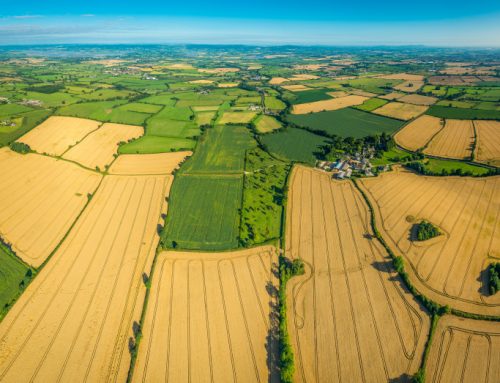 Dallas Willard writes about a two-and-a-half-year-old girl in her backyard who one day discovered the secret to making mud (which she called “warm chocolate”). Her grandmother had been reading and was facing away from the action, but after cleaning up what was to her a mess, she told little Larissa not to make any more chocolate and turned her chair around so as to be facing her granddaughter.
Dallas Willard writes about a two-and-a-half-year-old girl in her backyard who one day discovered the secret to making mud (which she called “warm chocolate”). Her grandmother had been reading and was facing away from the action, but after cleaning up what was to her a mess, she told little Larissa not to make any more chocolate and turned her chair around so as to be facing her granddaughter.
The little girl soon resumed her “warm chocolate” routine, with one request posed as sweetly as a 2-and-a-half-year-old can make it: “Don’t look at me, Nana. Okay?” Nana (being a little co-dependent) of course agreed.
Larissa continued to manufacture warm chocolate. Three times she said, as she continued her work, “Don’t look at me, Nana. Okay?”
Then Willard writes: “Thus the tender soul of a little child shows us how necessary it is to us that we be unobserved in our wrong.” Any time we choose to do wrong or to withhold doing right, we choose hidden-ness as well. It may be that out of all the prayers that are ever spoken, the most common one-the quietest one; the one that we least acknowledge making-is simply this: Don’t look at me, God.
Where are You?
It was the very first prayer spoken after the Fall. God came to walk in the garden, to be with the man and the woman, and called, “Where are you?”
“I heard you in the garden, and I was afraid,” Adam answered, “so I hid.” Don’t look at me, God.*
The human condition hasn’t changed since the fall of mankind back in the Garden of Eden. Men and women often STILL don’t want to be seen by God for what they really are.
“He who covers his sins will not prosper, but whoever confesses and forsakes them will have mercy” (Proverbs 28:13).
Lord, help me to daily recognize that You know me better than I know myself, and that You love me. Help me moment by moment to turn my life over into Your capable hands.




